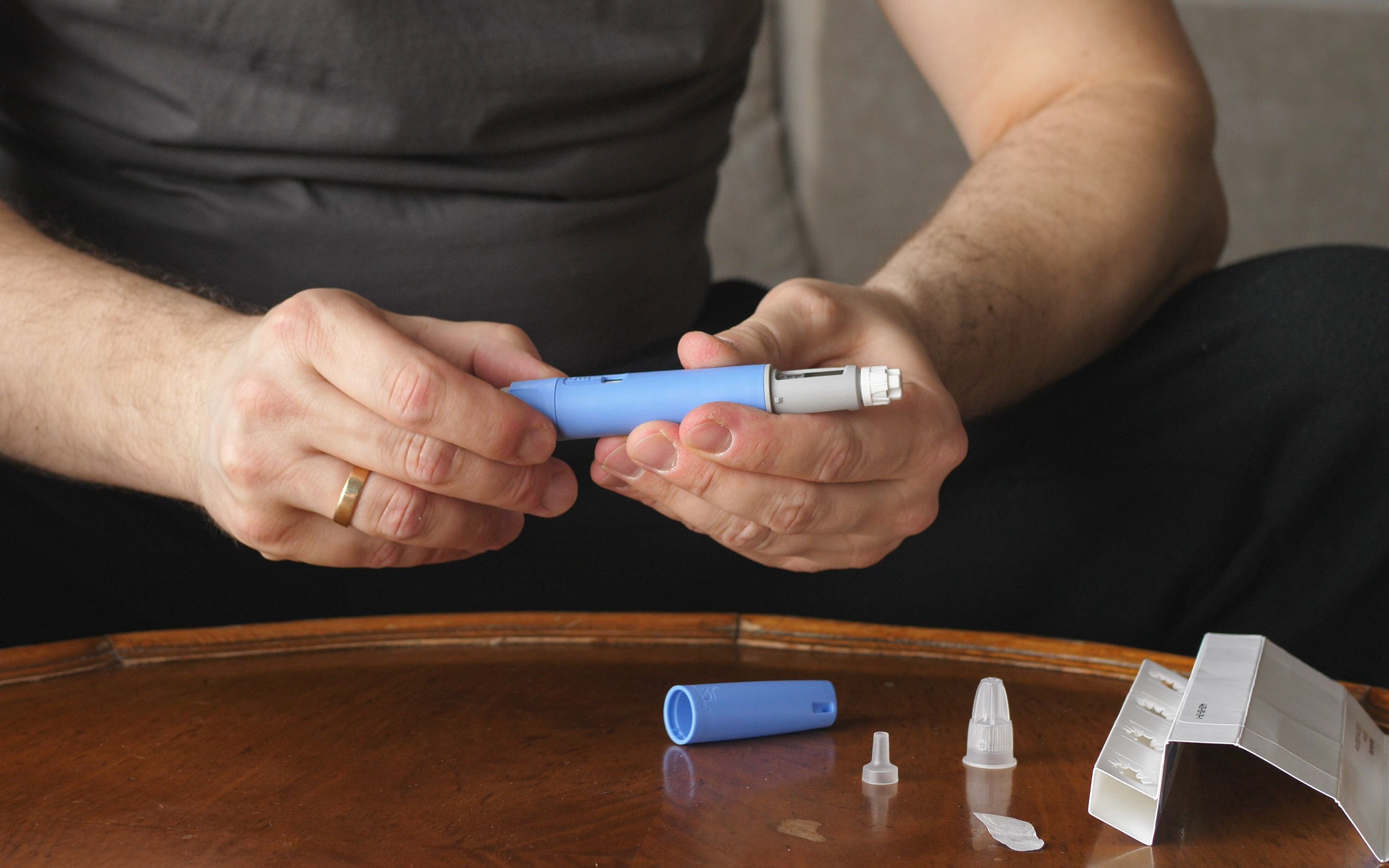- Case-Based Roundtable
- General Dermatology
- Eczema
- Chronic Hand Eczema
- Alopecia
- Aesthetics
- Vitiligo
- COVID-19
- Actinic Keratosis
- Precision Medicine and Biologics
- Rare Disease
- Wound Care
- Rosacea
- Psoriasis
- Psoriatic Arthritis
- Atopic Dermatitis
- Melasma
- NP and PA
- Skin Cancer
- Hidradenitis Suppurativa
- Drug Watch
- Pigmentary Disorders
- Acne
- Pediatric Dermatology
- Practice Management
- Prurigo Nodularis
- Buy-and-Bill
Publication
Article
Aesthetic Authority
Defining “Clean Beauty” Skin Care
Author(s):
Joel Schlessinger, MD, and Vivian Bucay, MD, discuss the increased interest in clean beauty, what the term means, and why not all products claiming the moniker live up to the same standards.
The coronavirus disease 2019 (COVID-19) pandemic has been a boon to at-home skin care product demand, and consumer desire for products that improve the look and feel of skin and hair will likely continue even after COVID-19 restrictions and concerns fade, according to Joel Schlessinger, MD, an Omaha, Nebraska, dermatologist and cosmetic surgeon who is the founder and CEO of LovelySkin.
Like many industry experts, Schlessinger says that an increasing number of people are noticing their imperfections with more intensity due to time spent on Zoom and other video conferencing platforms and that this heightened desire to do something about aesthetic concerns is bound to outlast the pandemic.
“I think there is going to be a focus on enhancing our appearances, especially to make us camera ready,” Schlessinger says, adding that he also has seen an increased demand for the evolving category of “clean beauty” products. “By clean beauty, I mean ingredients that consumers find acceptable.… Clean beauty is essentially what most dermatologists have been preaching for years.”
Until recently, products marketed under the clean beauty umbrella often lacked dermatologist input. But that’s changing, according to Schlessinger.
“We would occasionally see ingredients such as methylisothiazolinone (MI) in an ingredients deck, and it was disheartening,” he says. “Luckily, this new focus on clean beauty is a welcome relief for many dermatologists. Now the question is whether this will truly translate to better products. I can say that many dermatologists such as Suzan Obagi, MD, and others who have made their own lines have worked diligently to find a suite of ingredients that are not only safe but effective.”
Another trend is the emphasis on skin wellness and products that make the skin not only look better, but also act healthier regardless of age, according to Vivian Bucay, MD, founder and president of Bucay Center for Dermatology and Aesthetics in San Antonio, Texas. This includes emphasizing sun and environmental toxin exposure and blue light protection.
Skin wellness is about nourishing the skin from the inside out, rather than simply addressing the skin’s outer layer.
“We use the old tretinoin to treat acne, wrinkles, and signs of photodamage, but it really does not do anything for the DNA,” Bucay says. “For me, the 3 foundational products are sunscreen to help protect from the environment, antioxidants because the skin is not perfect, and DNA repair because there is no device in the office that is going to change the DNA of the skin.”
Consumers also desire niche products, including those focused on treating body issues. Many well-known skin care brands are launching new offerings to meet that demand. For example, SkinCeuticals and SkinMedica are launching neck repair creams, according to Schlessinger.
In addition, widespread hair care needs shifted when salons and spas closed during the pandemic.
“Many people came to their dermatologists for their hair care needs, and it may be that the dermatologists embraced more shampoos and hair-related products,” Schlessinger says. “It certainly is not an unreasonable consideration. We saw a tremendous amount of hair loss–related issues during the pandemic, and Viviscal, one of the products we use for helping to enhance growth, flew off the shelves.”






